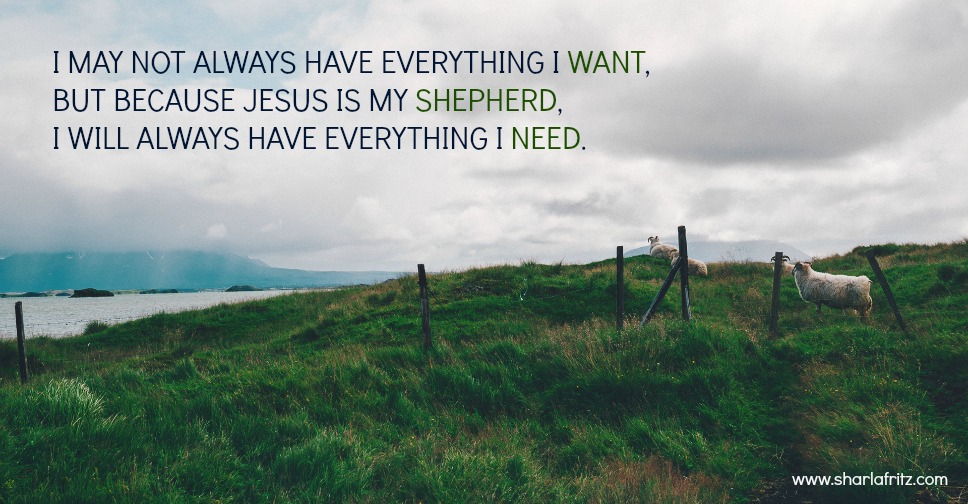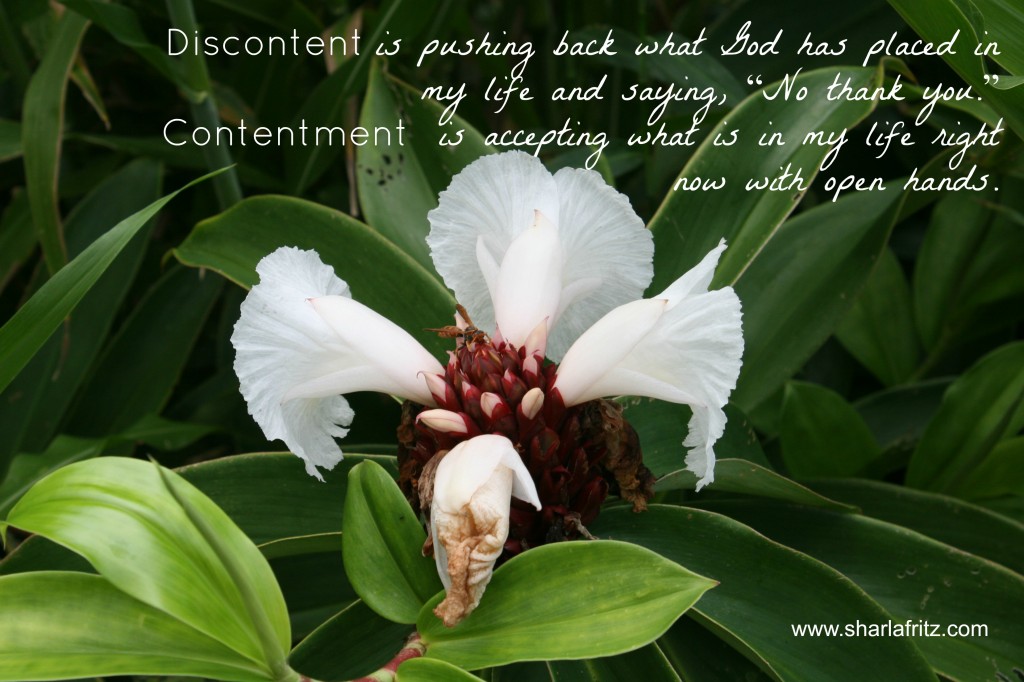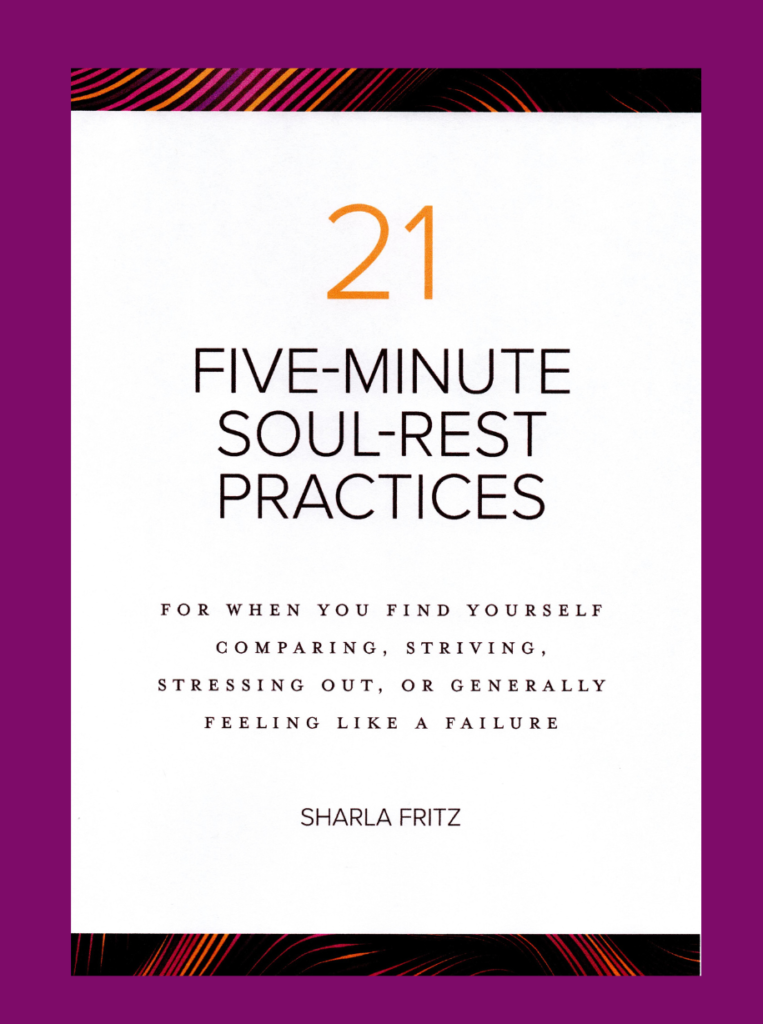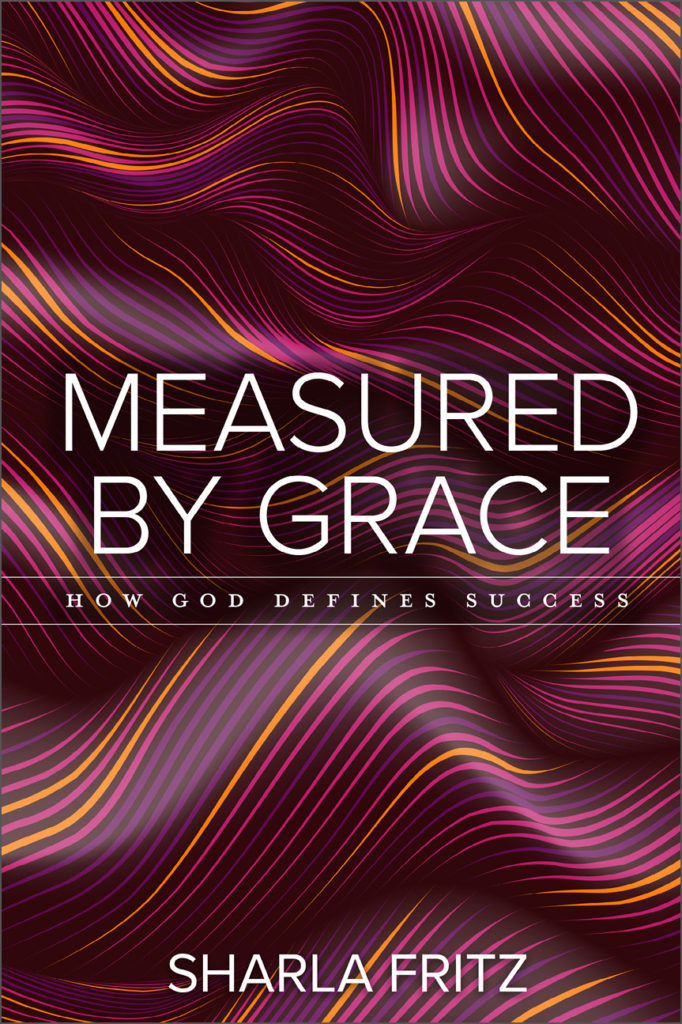
Expectations.
I have a bunch of clothes in my closet that I should throw out because they have failed to live up to my expectations.
- the “slim-secret” jeans that actually reveal every secret of my figure
- the jacket that I thought would coordinate with so many outfits, but I have yet to find a single item it matches
Expectations.
Maybe it would be good to just throw them out all together.

When I graduated from college with a music degree, I expected to have a bevy of piano students knocking at my door. I assumed I would have an abundance of pupils excelling in music-making.
And even though I married to a pastor, I did not expect to be the church organist. In fact, I told God I would never become a church organist.
However, my husband’s first church was in Missoula, Montana–a beautiful town that an abundance of fine piano teachers and a church (our church) that had no organist. And so my music degree was put to work on the organ.
Life was not turning out as I expected.
The trouble with expectations is that they set you up for disappointment. Just when I think the thing I most want is in my grasp, it falls away. Just when the vision I want for my life begins to focus, it all fades to black.
But even when our expectations have let us down, it doesn’t mean there is no hope.
It just means that we have put our hope in the wrong thing.
The psalmist Asaph had to talk to his soul when he was discouraged. Perhaps his expectations had been crushed. He said:
Why are you cast down, O my soul, and why are you in turmoil within me?
Hope in God; for I shall again praise him, my salvation and my God.
Psalm 42:5
When I put my hope in specific happenings, I may be disappointed.
But if I put my hope and expectations in God, I am never disillusioned. Things may not go as I have planned, but God has bigger and better things in mind.
I had certain expectations for my career. I expected happiness and fulfillment to come through piano teaching.
I hated playing the organ and fulling assumed that I would be miserable sitting on the organ bench Sunday after Sunday.
But it turned out that I found joy in using my musical training to praise God. My expectations for my career were not fulfilled, but my joy in God was.
Expectations.
Let’s throw them out. Let’s not assume our lives will go according to our plans. Life is unpredictable.
Let’s release the belief that happiness and joy are only available when our expectations are met.
Instead, let’s put our hope in God. Let’s expect that God has something wonderful for us just around the corner.
Next step: What expectations for your life have you been clinging to? Write a prayer giving them to God and praising Him that He has something wonderful planned for your life.
































Follow Me!